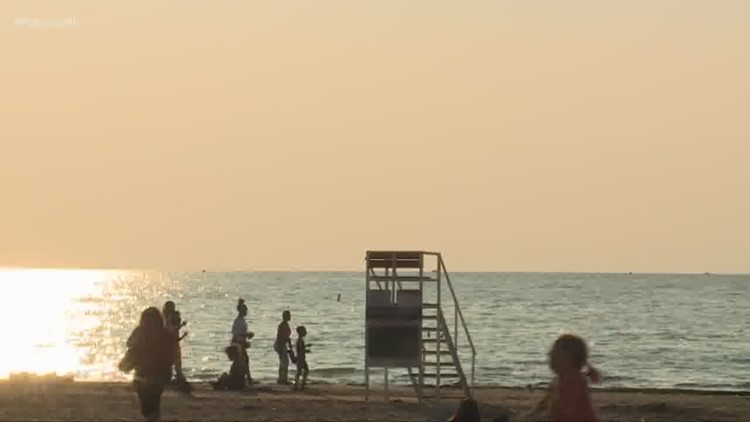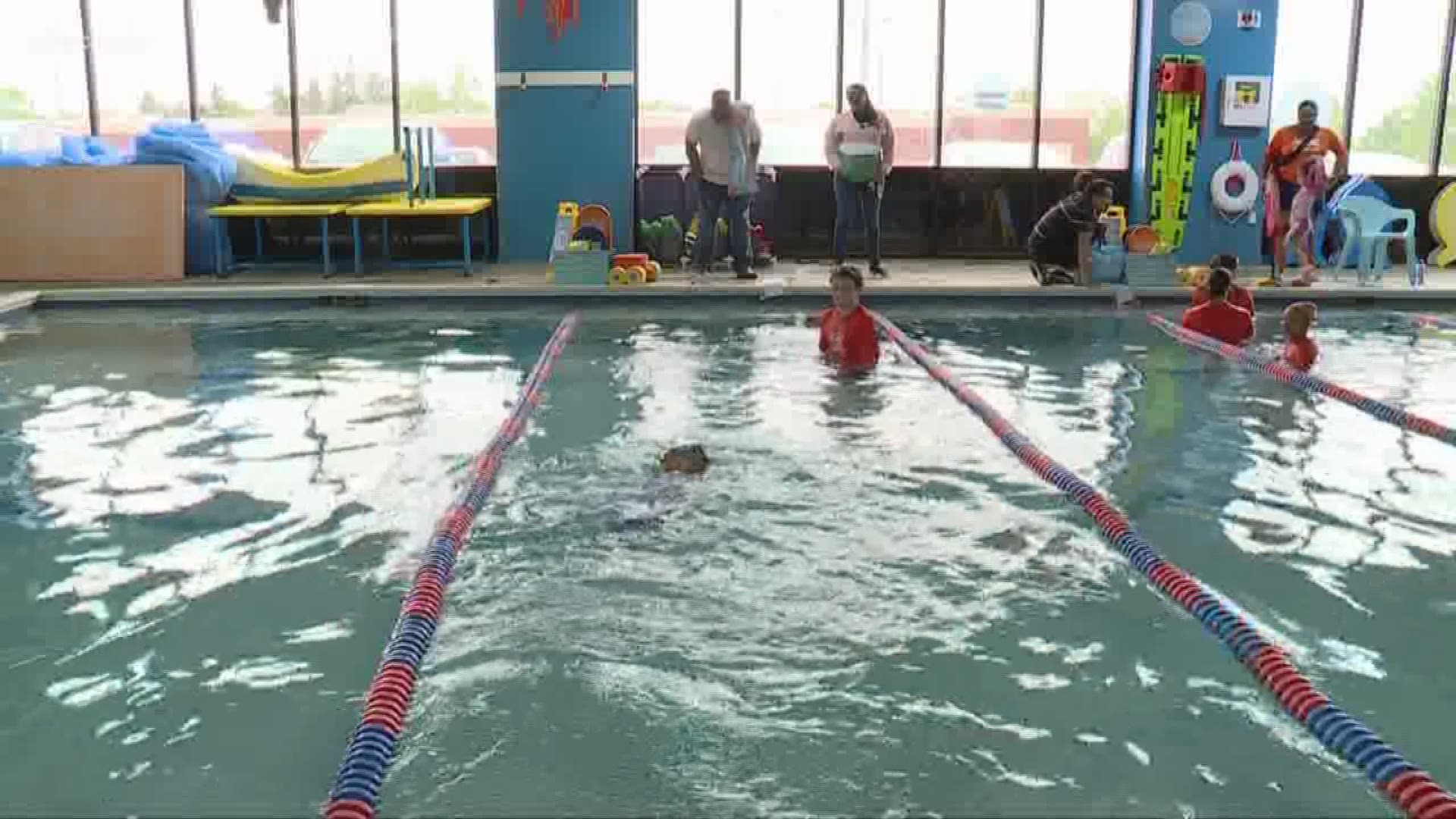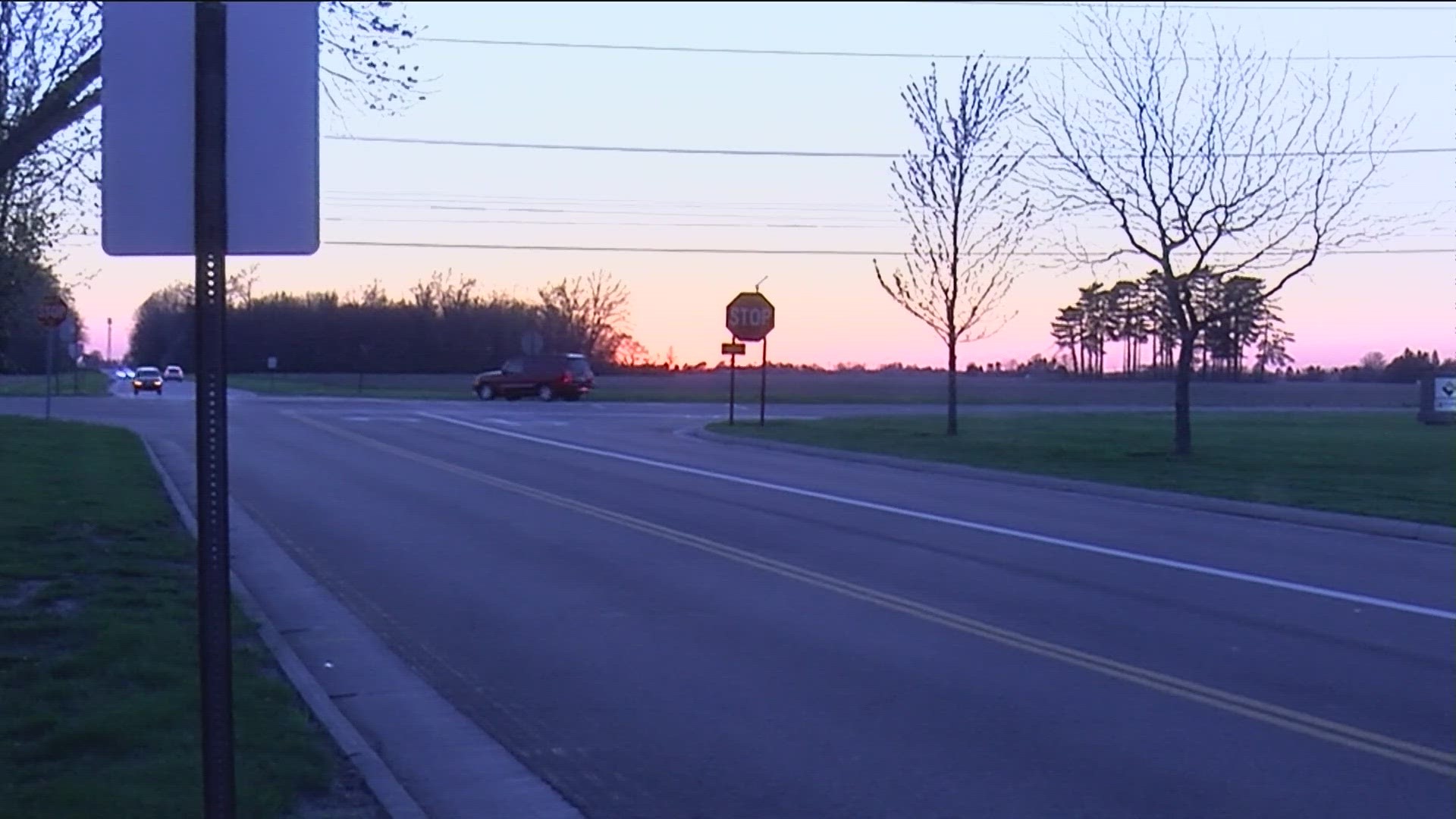CLEVELAND — As we wrap up the dog days of summer, its still important to remember safety around the swimming pool.
The Cleveland Clinic has you covered with how to recognize signs of atypical drowning, which can occur after a child has struggled in the water and has been rescued and lead to brain injury, respiratory problems or even death.
"In a normal drowning, a swimmer will aspirate a lot of water into their lungs as they struggle in the water," says pediatrician Purva Grover, MD, Medical Director of Cleveland Clinic's Children's Pediatric Emergency Departments. "In an atypical drowning, the larynx goes shut as a protective response. No water gets in, but no air gets in either."
This process is called a laryngospasm, or a constriction of the muscles in the airway. The longer the muscles are constricted, the longer the body is deprived of oxygen.
"Being deprived of oxygen even for a few minutes is fatal," Dr. Grover continued. "Kids with heart defects and respiratory difficulties like asthma are at particular risk."
In other scenarios, water can be aspirated into the lungs can collect there the longer the person struggles in the water. The collection of fluid in the lungs is called pulmonary edema, which can cause difficult or rapid breathing and make a "crackle" sound as the person breathes. "Within an hour, you will start seeing those respiratory difficulties," Dr. Grover says. "If it's severe enough, a child can end up on a ventilator."
As always, it's best to watch your children closely as they play in and around the pool. Should anyone fall in or begin to struggle, the quicker you can get to them the better. "Even if they are submerged for a minute or two, they should go to the hospital immediately," Dr. Grover leaves us with.




